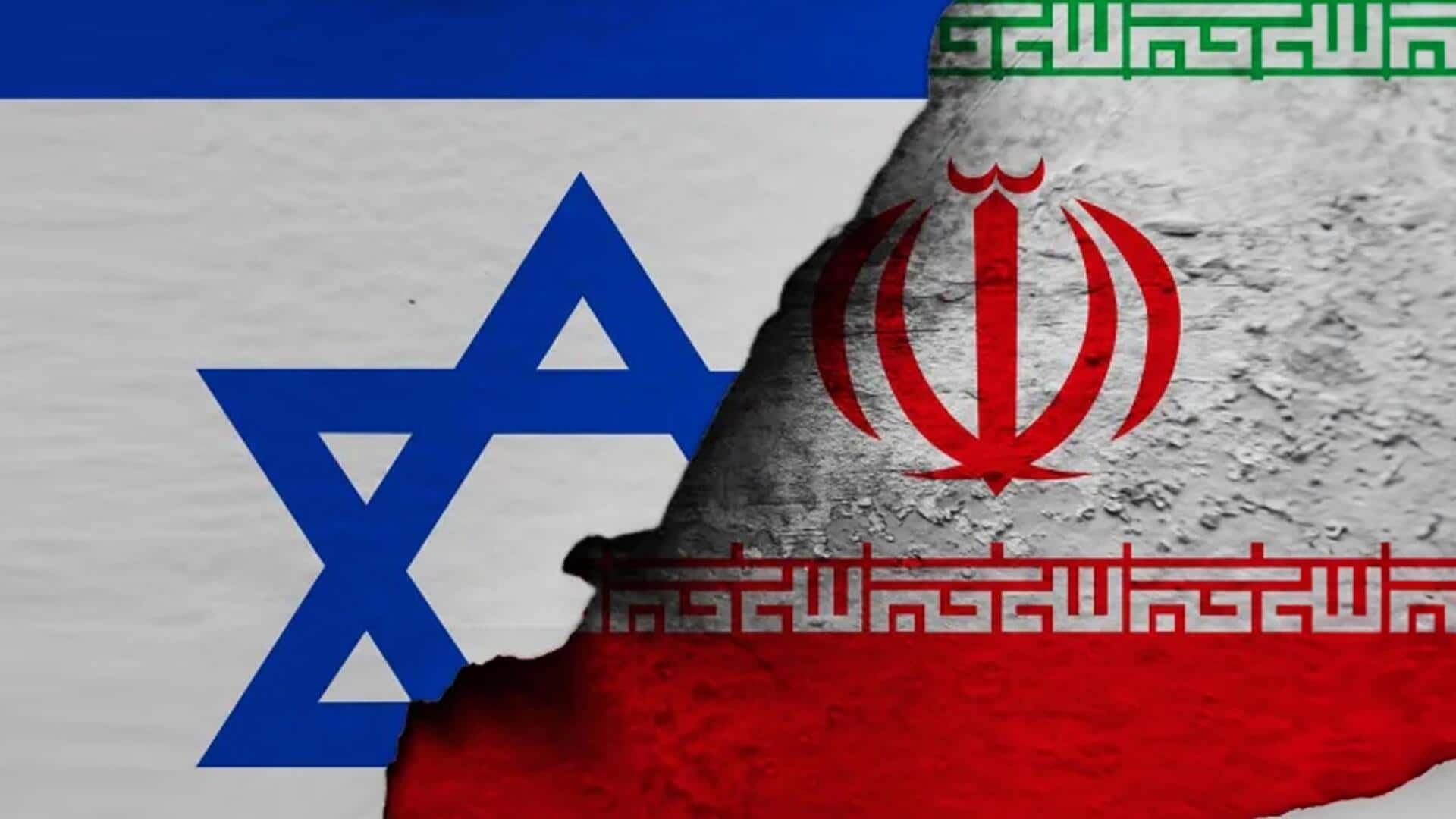
Explained: Iran-Israel relations over the years
What's the story
Iran on Saturday launched a barrage of drones and cruise missiles at Israel, marking its first direct assault on the country. This followed Iran's warning to retaliate against Israel for the killings of seven Iranians. However, there was a time when both countries enjoyed a significantly cordial relationship. Notably, Iran was the second Muslim-majority nation—after Turkey—to recognize the Jewish state after its formation in 1948. Here's what we know about the evolving diplomatic relations between the two countries.
Relationship shift
Iran's Islamic Revolution marked a turning point
Earlier, Israel relied heavily on Iranian oil, receiving up to 40% of its supply. In exchange, it provided Iran with weapons, technology, and agricultural goods. The Islamic Revolution in Iran in 1979 marked a significant change in the Iran-Israel relationship. This revolution led to the overthrow of the Shah and the establishment of an Islamic Republic, which Israel did not recognize. Despite these political changes, some commercial ties between Iran and Israel persisted.
Proxy warfare
Iran's support for proxy militias and groups
The ties between the two countries further deteriorated when Iran began supporting "proxy militias" in Syria, Iraq, Lebanon, and Yemen. In 1980, the Islamic Jihad emerged as the first Islamist Palestinian organization to militarily oppose Israel with Iran's backing. Interestingly, during the Iran-Iraq war from 1980 to 1988, Israel was one of the main suppliers of military equipment to Tehran.
Hezbollah's emergence
Formation of Hezbollah and rising tensions
The formation of Hezbollah—which has engaged in a proxy war with Israel—in 1982 also led to the weakening of the relations between the two countries. Hezbollah was formed with support of Iran's elite Islamic Revolutionary Guard Corps (IRGC). This militant group launched a campaign against Israeli forces from Shiite strongholds in southern Lebanon. Notably, Hezbollah has been trading cross-border fire with Israel on an almost daily basis since war erupted between the Jewish nation and Hamas in October last year.
Military power
Iran's military strength and missile capabilities
Iran's military strength has been another focal point amid escalating tensions with Israel. Iranian military comprises over 500,000 active members and an additional 200,000 reserve personnel split between the army and the IRGC. The IRGC oversees the Basij militia, a semi-official paramilitary force believed to have up to one million active members. Iran also has a colossal collection of ammunition including cruise missiles, anti-ship missiles, ballistic missiles—all of which are capable of targeting any targets across the Middle East.
Recent attacks
Mutual relations hit rock bottom after recent attacks
In recent months, Israel has accused Iran of attacks on vessels. Meanwhile, Iran has accused Israel of assassinations and the sabotage of the uranium enrichment plant at Natanz. Israel has also been blamed for targeted attacks on Iranians in Syria, including top members of the Revolutionary Guard in 2022 and 2023.